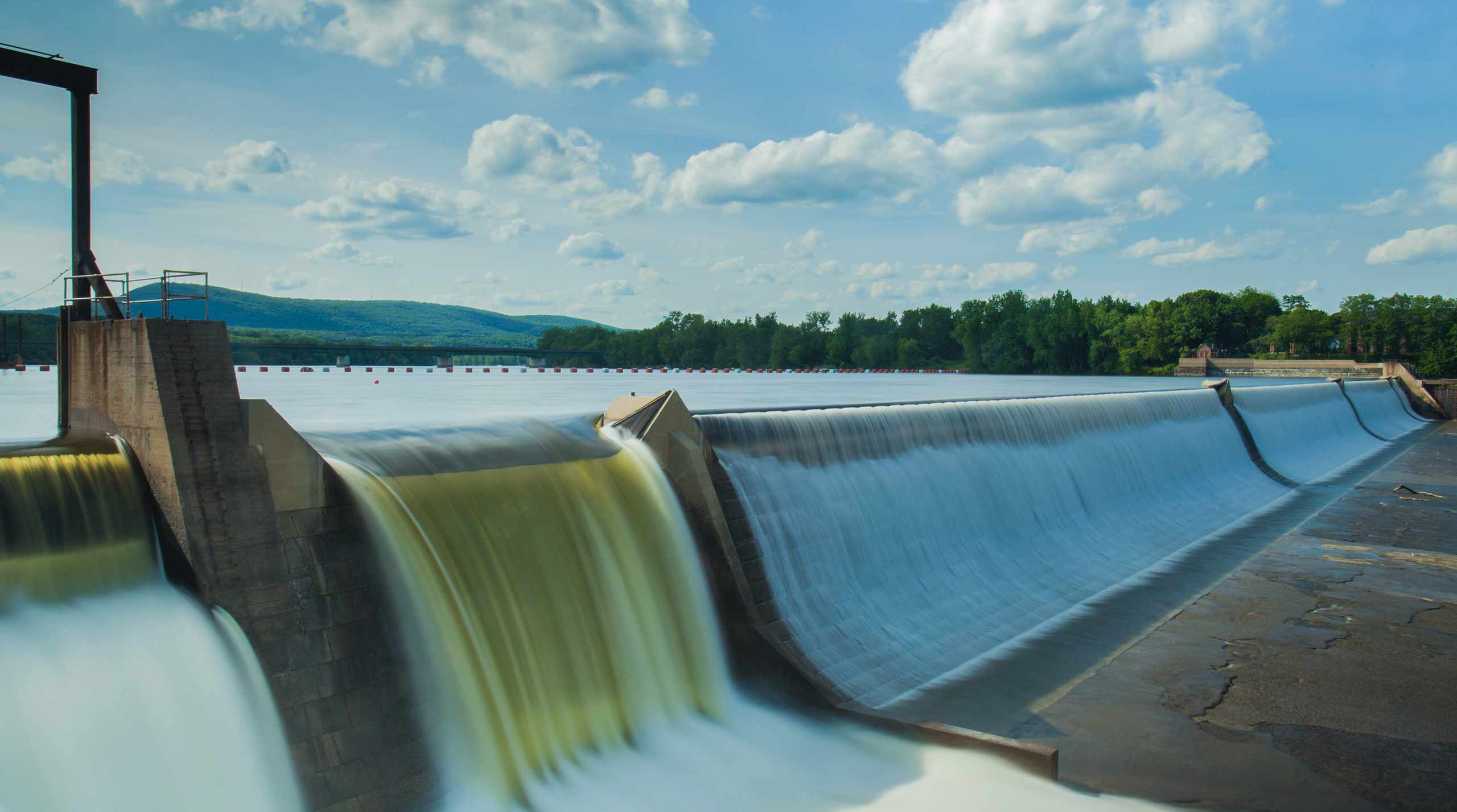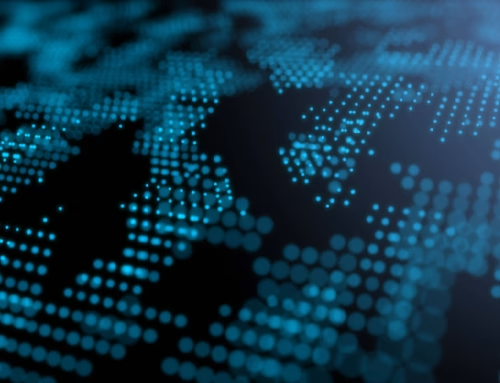
Top 5 Key AI Applications for Agriculture
BSI – 17TH August, 2024
Agriculture has always been the backbone of human civilization. As the global population continues to grow and climate change poses new challenges, the agriculture industry faces the pressing need to increase efficiency, productivity, and sustainability. Artificial Intelligence (AI)—a transformative force revolutionizing the way we grow, manage, and harvest food.
The Role of AI in Modern Agriculture
AI leverages machine learning, robotics, data analytics, and IoT technologies to address some of agriculture’s most complex challenges. From precision farming to crop monitoring, AI is enabling farmers to make data-driven decisions that enhance productivity while minimizing environmental impact.
Top 5 Key AI Applications for Agriculture
1. Precision Farming
AI-powered tools enable farmers to optimize resources like water, fertilizers, and pesticides. Using sensors and satellite imagery, AI systems analyze soil conditions, weather patterns, and crop health in real-time, allowing for targeted interventions that boost yields and reduce waste.
- Example: Smart irrigation systems powered by AI ensure crops receive the right amount of water, conserving resources and improving plant health.
2. Crop Monitoring and Disease Detection
AI algorithms analyze data from drones, sensors, and cameras to identify pest infestations, diseases, and nutrient deficiencies early. This proactive approach prevents widespread crop damage and reduces reliance on chemical pesticides.
- Example: AI-driven platforms like Plantix and PEAT diagnose plant health issues and recommend remedies.
3. Automated Machinery
Robotic systems guided by AI are transforming labor-intensive tasks like planting, weeding, and harvesting. These machines work faster and more efficiently, addressing labor shortages and reducing operational costs.
- Example: Autonomous tractors equipped with AI navigate fields, optimize planting patterns, and work around the clock.
4. Weather Prediction and Risk Management
AI models analyze historical and real-time weather data to predict climate patterns, helping farmers make informed decisions about planting and harvesting schedules. It also helps mitigate risks associated with extreme weather events.
- Example: AI-based tools provide early warnings about droughts or floods, enabling better preparedness.
5. Supply Chain Optimization
AI enhances the efficiency of the agricultural supply chain by predicting demand, optimizing transportation routes, and reducing food waste. It helps connect farmers with markets, ensuring fair prices and timely delivery.
- Example: AI systems use predictive analytics to align supply with consumer demand, reducing surplus and ensuring fresh produce reaches markets.
These top five key AI applications for agriculture will certainly navigate towards a new age of agricultural innovation.




